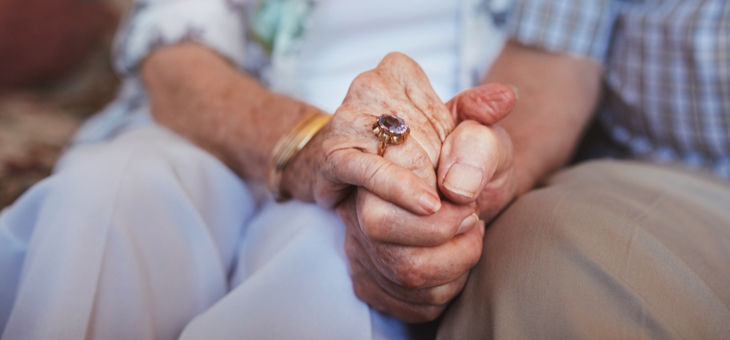Sunday columnist Peter Leith has seen a lot of life. He’s 90 and writes: “As a society we are, albeit slowly, coming to realise the effects of post traumatic stress disorder (PTSD) on military and security personnel, but we remain blissfully ignorant (or uncaring) of the stresses to which sometimes poorly trained and poorly paid front-line aged care workers are subjected. Is it really surprising that some of them, sometimes, treat ‘charges’ poorly?” He recalls his time on the ‘front line’.
•••
It was 20 February 1998. The Alzheimer’s Association of Victoria was conducting a one-day workshop for Alzheimer’s support group facilitators.
After the six of us had taken turns introducing ourselves to the group, we all sat down to listen and learn.
The very first thing that the trainer said to us went like this:
“You are not here to learn anything about how to support people with Alzheimer’s. You are here to learn something about supporting the people who themselves provide day-by-day hour-by-hour care and support to Alzheimer’s sufferers.
“While I have just used the word ‘sufferers’, it is safe to say that, in general, it is the care-givers who suffer, more than those they care for.
“In most cases, the ‘sufferer’, while experiencing an episode, is totally unaware of his or her actions, however strange they may be.
“It is their carers who have to be constantly on the alert for irrational and unpredictable behaviour that may be dangerous for the Alzheimer’s sufferer and everyone around them.”
Long before the day was over, we had all realised that, providing debriefing support for the carers was, far and away, the easier part of the task. It still is.
Do you have an idea or observation for Peter? Send it to [email protected] and put ‘Sunday’ in the subject line and we will forward it to him.
If you enjoy our content, don’t keep it to yourself. Share our free eNews with your friends and encourage them to sign up.
Related articles:
Advantages of disability
Sign of the times
Palliative ‘self-care’ group

